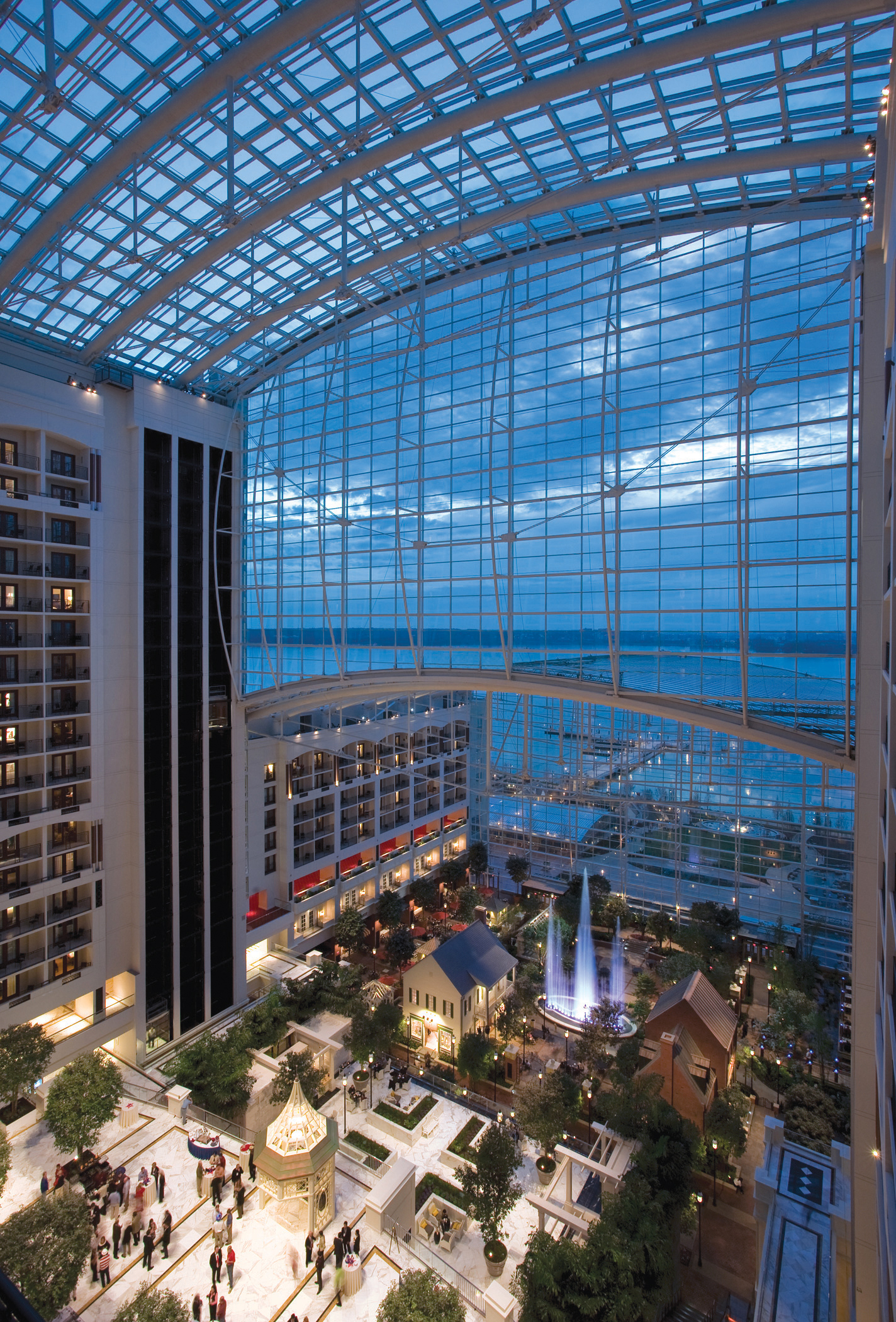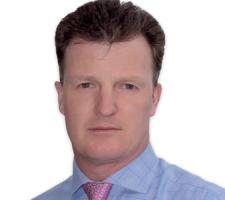
Will continuing travel restrictions affect the number of ITS professionals attending this years ITS America annual meeting at the Gaylord National Resort and Conference Centre?
Andrew Barriball once again campaigns for senior USDOT officials to see sense and lift some of the restrictions on out-of-state travel for transportation professionals. The ability to attend conferences and exhibitions is not a luxury, he says; it is a valid and cost-effective way of advancing the state of the traffic management art
So there's a new President in the White House. I can scarcely imagine a time when the incumbent of 1600 Pennsylvania Avenue NW had such an overflowing in-tray on his first day in the Oval Office.
Nobody needs reminding about the size of the task President Obama and his administration are inheriting. Far too much of that has already been said by the mass media, almost to the point of talking the world into deeper, potentially longer-lasting recession, but only a fool would fail to acknowledge the very real challenges that must be conquered if the business world is to be returned to some form of normality.
Governments on a worldwide basis are pledging multiple billions of dollars to transportation infrastructure projects as a stimulus to kick-start their ailing economies. This is especially good news within the United States where the Transportation Bill is up for renewal and President Obama has pledged to invest more heavily than ever before on infrastructure and environmental initiatives. This presents an unparalleled opportunity for the ITS community to 'storm' Capitol Hill, clamouring justifiably for a vastly increased slice of the overall transportation budget.
It is no coincidence, therefore, that the location chosen by
Many informed commentators have openly criticised the leading lights of the banking sector for the unwelcome position we find ourselves in. I consider this both understandable and justifiable. Terms such as 'highly irresponsible' and 'negligent' have been bandied around quite openly. So it will be with some considerable trepidation, based upon historical precedent, that I'll wait to observe just how many of those who have been appointed to shape the future of US transportation make the short trip to the Annual Meeting, and capitalise on this outstanding opportunity to become adequately and properly informed at a time when they have funds to invest.
This may sound unduly harsh, but at the 2008
Ironically, if one asks why they consistently fail to attend the industry's leading events, they wring their hands in genuine frustration and blame travel restrictions, or budgetary issues, rather than a lack of interest. The last 15 years has taught me that these people care passionately about transportation, the environment and their communities. They are not work-shy, nor would they abuse out-of-state travel with all-night drinking binges and partying at the taxpayers' expense. For the most part they relish the opportunity to enhance their knowledge, to interface with vendors and engage in professional networking activities.If one is given the responsibility to oversee a project or projects worth millions of dollars, it is the economics of the madhouse to deny them the chance to keep abreast of the latest products and best practice for the sake of a few hundred dollars of travel allowance.
Surely now, as transportation is being used as a vital catalyst for recovery, somebody in USDOT will have the wit and wisdom to earmark specific funds for domestic travel beyond the state line, and mandate key DOT staff and legislators to participate in a shortlist of approved industry gatherings for reasons of professional development. Failure to do so, I believe, actually parallels what is acknowledged as the central cause of bringing down the US, and indeed the world economy: a lack of understanding by the bankers of what became the tools of their new, high-risk trade - financial derivatives. The Sage of Omaha, Warren Buffet, stayed well clear, famously referring to them as "financial weapons of mass destruction", largely citing a knowledge gap as a prime reason.
Cumulatively, billions of tax payer dollars are likely to be allocated to ITS technologies over the coming months and years. That is a justifiable and correct strategy to improve the nation's transport system - indeed the only one, if the promise of a new economic dawn is not to be strangled at birth. Remember the cost of doing nothing: in 2006, Norman Y. Mineta, then Secretary of Transportation Mineta, cited statistics which show the costs of traffic congestion. He said that freight delays are estimated to cost American business $200 billion a year. Motorists waste 3.7 billion hours and 2.3 billion gallons of fuel a year sitting in traffic. Airplane delays cost an additional $9.4 billion annually.
People at all levels, from senior politicians right down to municipality traffic managers, who will be investing many billions of taxpayer dollars to do what is now required, need knowledge of how to apply the right solutions to problems which work. Were it simply a case that constructing thousands of miles of concrete would solve the problem, life would be simpler. But that is not the solution. It will require an even greater use of technology on the road and in the vehicle. It will require a multimodal approach, interoperability, cooperation across many sectors and disciplines - in short, a whole host of social and environmental approaches. Indeed, as the new Secretary of Transportation, Ray LaHood, said during his recent Senate confirmation hearing: "The era of one-size-fits-all transportation projects must give way to one where preserving and enhancing unique community characteristics, be they rural or urban, is a primary mission of our work rather than an afterthought." Achieving that mission is going to require greater knowledge than ever before. It is going to require new thinking and new approaches.
As the publisher of
USDOT must now apply some good old-fashioned common sense and be proactive in filling the knowledge gaps. The very country which it serves needs it to.






